Ending poverty demands more than modifications in social and economic policies, no matter how skillfully conceived and executed these may be.
Eradicating poverty requires a profound rethinking of how the issue of poverty is understood and approached. This idea was at the heart of the remarks of a representative of the Baha’i International Community that opened the 56th UN Commission for Social Development on 29 January 2018.
“Humanity’s collective life suffers when any one group thinks of its own well-being in isolation from that of its neighbors,” said Daniel Perell, BIC representative and chairperson of the NGO Committee for Social Development, during the opening session of the conference in New York City.
“Rejection of this foundational truth leads to ills that are all too familiar,” continued Mr. Perell. “Self-interest prevails at the expense of the common good. Unconscionable quantities of wealth are amassed, mirrored by reprehensible depths of destitution.”
The 56th session of the Commission for Social Development, which concludes on 7 February, focuses on strategies for eradicating poverty. It explores many dimensions of this complex and vexing issue, including the necessity of realizing the equality of women and men, the promise and potential pitfalls of technology, issues of disability and inclusion, as well as the special role of families, communities, and youth.
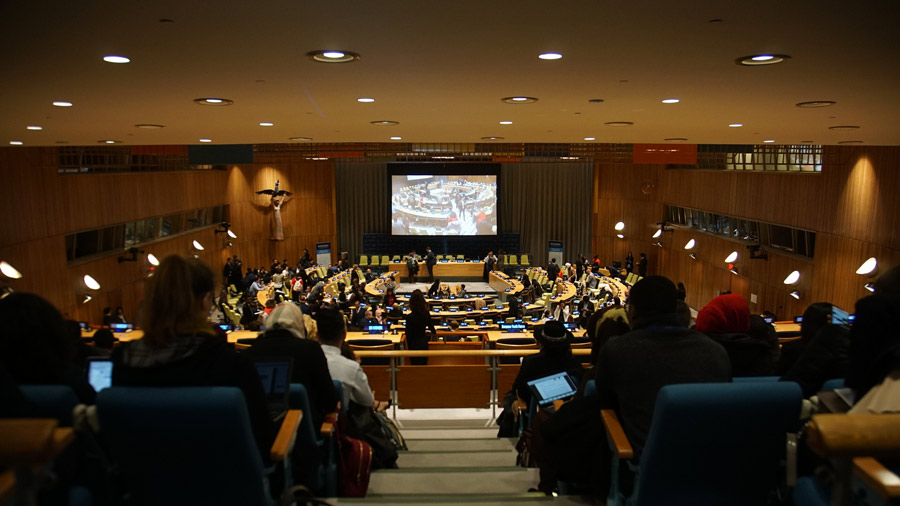
The United Nations’ 56th Commission for Social Development runs from 29 January to 7 February 2018.
The BIC prepared a statement for the Commission calling for a profound shift in thinking. Referring to the Commission’s aim of “eradicating poverty to achieve sustainable development for all,” the statement explains that it “is not simply a matter of expanding access to material resources, challenging as that can be. Rather, it is an endeavor of structural and social transformation on scales never attempted before. And the magnitude of that work calls for new ways of understanding individual human beings and society as a whole.”
The statement goes on to challenge the largely unquestioned assumption that a major obstacle to addressing poverty is a scarcity of material resources in the world.
“[A]t the systemic level, the assumption that ‘there isn’t enough money’ fundamentally misreads the relevant realities of the world. Financial resources are becoming increasingly concentrated in certain segments of society,” writes the BIC in its statement. “The challenge, then, is not one of scarcity, but rather the choices and values that must inform the allocation of resources.”
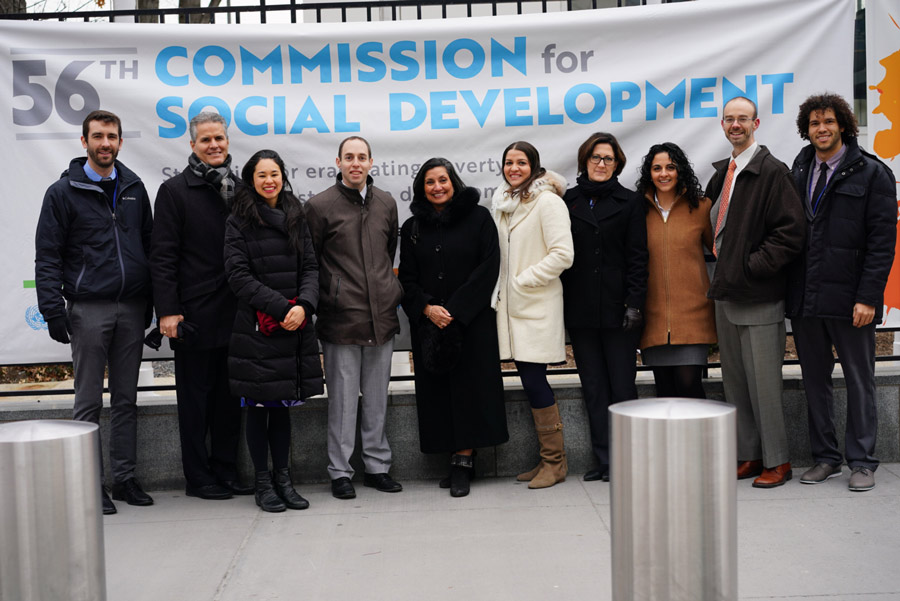
The Baha’i International Community delegation to the 56th Commission for Social Development
Beyond the question of financial resources, the BIC statement highlights the vast capacity latent in humanity to transform the world and ultimately solve its most perplexing challenges. To move in this direction, however, implies a new paradigm of thought, in which all people are seen as reservoirs of capacity that, when enabled, can contribute to the betterment of the world.
When we see poverty allowed to reach a condition of starvation it is a sure sign that somewhere we shall find tyranny. Men must bestir themselves in this matter, and no longer delay in altering conditions which bring the misery of grinding poverty to a very large number of the people. – Abdu’l-Baha, Paris Talks, p. 154.
Many other organizations and individuals at the Commission are similarly questioning the prevailing patterns of thinking and action in efforts to end poverty. Former Director-General of the International Labour Organization and keynote speaker Juan Somavía, for example, spoke during the Commission about the need to revisit how people living in poverty are perceived. “Empowering people to be part of the process is not a mechanical thing, because you respect people, you understand that the dignity and the value of the human being is absolutely essential,” he said. “They have not lost their dignity because of the situation in which they find themselves, and they do not see themselves as a statistic.”
Speaking on the event, Mr. Perell commented, “the Commission continues to have great potential. It is a pleasure to be among so many government and civil society representatives who are proactively searching for new solutions and increasingly questioning the consequences of current structures. The test will be the degree to which these conversations can be further advanced at the international level and, perhaps more importantly, can begin reshaping thinking and practice at the national and local community levels.”


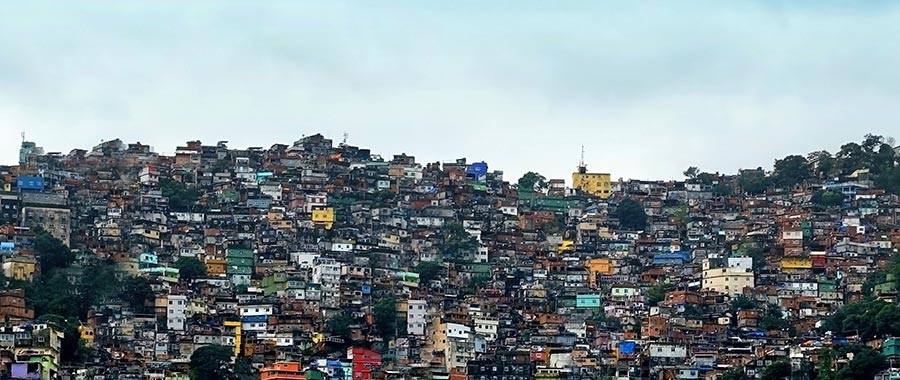

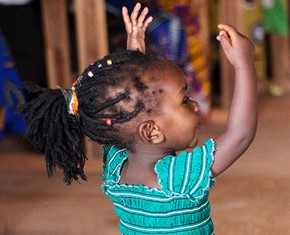
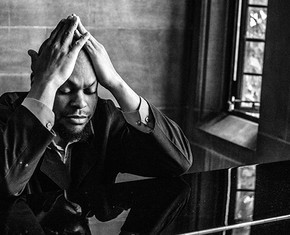
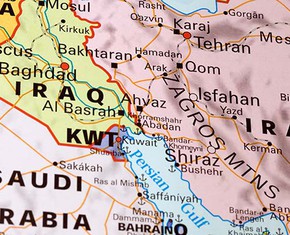





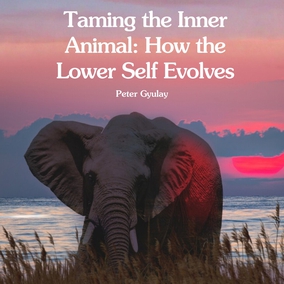

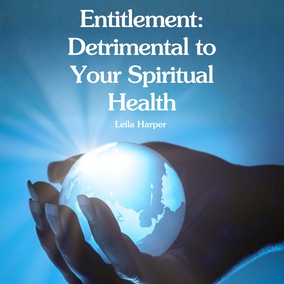

Comments
Sign in or create an account
Continue with Googleor